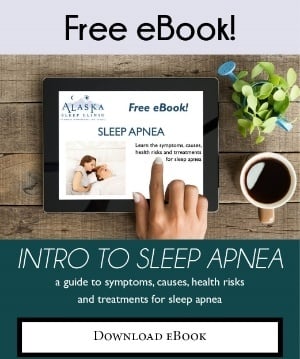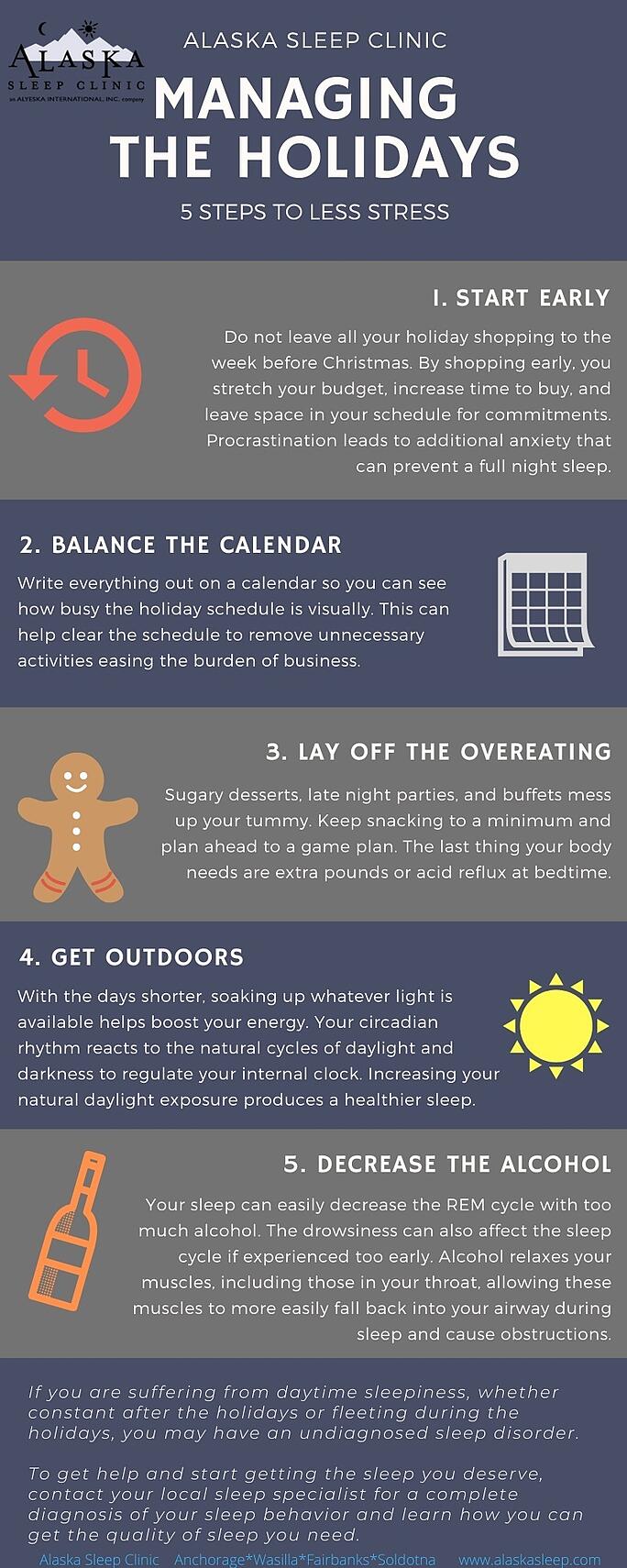8 Relaxing Sounds to Help You Sleep
Noise at night can be disruptive—or it can lead to better rest. These are some of the most potent sounds for sleep.
White noise
If you regularly struggle with insomnia, make sure you’re aware of these easy fixes. And if you’re trying to sleep in a loud environment, white noise might help you nod off more easily. A mixture of all sound frequencies at once, at the same level of intensity, white noise does a good job of masking other noises that can disrupt your sleep. Like a whirring fan or the hum of an air conditioner, white noise provides an even, steady stream of sound. In a study published in the journal Sleep Medicine, researchers at Brown University Medical School reported patients in a hospital intensive care unit awakened less frequently during the night with white noise present, because it decreased the difference between background noise and the “peak” noises that punctuated the hospital’s noise environment.
Ocean Sounds
It’s no surprise that ocean waves are a popular choice for soothing sleep sounds. For many people, the rhythmic crashing of water onto sand and rock can be meditative—and meditation carries some surprising health benefits. By creating a mental state of relaxation, contentment, and gentle focus, the wave sound can be deeply relaxing. In an interview with LiveScience, Dr. Orfeu Buxton, an associate professor of behavioral health at Penn State University, described how the sound of the ocean can promote sleep. “These slow, whooshing noises are the sounds of non-threats, which is why they work to calm people, “Buxton explained. “It’s like they’re saying: ‘Don’t worry, don’t worry, don’t worry.’”
Other water sounds
It’s not just ocean waves that can provide soothing sounds to go to sleep. Maybe it’s the light patter of a rain shower, or the steady flow of a running stream that helps you wind down at the end of a long day. One key to the power of water sounds to help us sleep, said Buxton, is the relatively gentle, gradual variations in the intensity of moving water sounds. Even more than volume, the abrupt, sudden presence of a noise can be jarring to sleep, Buxton and fellow researchers found in their 2012 study of how hospital noises disrupt sleep, published in the Annals of Internal Medicine.
Nature sounds
Sound machines and apps for sleep are filled with noises of the woods and the wilderness—and there’s some interesting science behind what nature can do for the mind. Even newer research suggests why the sounds of nature are so deeply soothing. Scientists at Britain’s University of Sussex had participants listen to recordings of nature sounds and artificial sounds, while measuring their brain and nervous system activity. They found nature sounds led to more outward-focused attention in the brain, rather than inward-focused. Inward-focused attention is associated with states of anxiety, stress, and depression—all of which can be antithetical to sleep. Researchers also found participants’ nervous systems moved toward a more relaxed, “rest and digest” mode of activity after listening to recordings from nature.
Employing the sounds of the outdoors to help you sleep is one easy way to connect with nature if you’re living in an environment with a lot of artificial noise. Can’t open the window and hear crickets chirp you to sleep on a summer night? Bring the crickets to you.
Relaxing music
Music can lower blood pressure and heart rate, soothe anxiety, and quiet a racing mind—all changes that can benefit sleep. Research by scientists at Hungary’s Semmelweis University found that listening to classical music at bedtime helped improve sleep quality in young adults with sleep problems. Does listening to your favorite music give you goosebumps? Science can explain why—that’s your brain lighting up with arousal, but it’s not what you’re looking for at bedtime. That Sia song that nursed you through your break up isn’t likely to help you wind down—and neither is the Rihanna you’re listening to on the treadmill. The National Sleep Foundation recommends choosing soothing songs with slow rhythms, between 60 to 80 beats per minute.
Pink noise
You’ve probably heard of white noise, but pink noise might be news. It’s getting a lot of attention these days as a potential booster for sleep. Unlike white noise, which gives equal intensity to all frequencies of sound, pink noise creates a balance of high- and low-frequency sounds that mimic many sounds found in nature. A number of small studies have shown that people exposed to pink noise during sleep spend more time in deep, slow-wave sleep. Looking to improve your memory as well as your sleep? A new study by scientists at Northwestern University’s Feinberg School of Medicine, found that pink noise exposure at night led to better memory recall.
Soothing voices
Remember falling asleep as a kid to the sound of adult voices floating in from another room? Or the comfort of being read to while you drift off? For some people, the sounds of human voices remain a soothing sleep sound throughout their lives. It isn’t primarily the content of what’s being said, but the tone and cadence of the voices, that’s relaxing. Guided relaxation and meditation programs designed for sleep can provide soothing voices to help lull you to slumber, and some apps that offer sleep sounds also have voice options. And if you want to preserve the real thing, it’s not a bad idea to record your parents’ voices now.)
Sounds that relax you
Our response to sound is highly individual, in both our waking and sleeping lives. Like sight and smell, sound is connected to memory, and can stimulate both positive and negative emotions. Our emotional state also affects how we process sound. To create a more relaxing sleep experience, the experts at the National Sleep Foundation suggest paying close attention to what truly relaxes you. Breaking ocean waves might keep you alert for the next crash of water hitting land, while a steady waterfall soothes you right to sleep. Try out different sounds for a few nights at a time, and observe how your mind and body respond to the noise. If it’s stimulating—raising your heart rate, making you tap your toes, filling you with energy or a strong emotional reaction—keep searching for the soothing sleep sounds that are right for you.
If you believe your sleep issues are related to any type of sleep apnea or sleeping disorder, call Alaska Sleep Clinic today for your free sleep assessment.




